A disturbing chapter in Russian history is explored in this documentary. In 1933, Joseph Stalin sent 6000 "unwanted" citizens of Moscow and Leningrad to a desolate Siberian island - with no food or clothes to speak of. Decades later this documentary returns to the island.
Related Movies
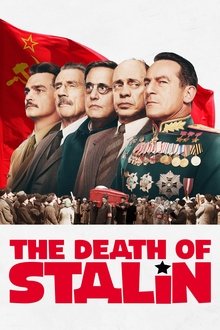
The Death of Stalin (2017)
When dictator Joseph Stalin dies, his parasitic cronies square off in a frantic power struggle to become the next Soviet leader. As they bumble, brawl and back-stab their way to the top, the question remains — just who is running the government?
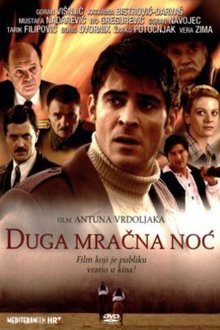
Long Dark Night (2004)
"Long Dark Night" follows the life of the fictional character Iva Kolar: his experiences as a Croatian University student, his role as a Partisan fighting Hitler's troops during W.W. II, his involvement in his nation's post-war government, and his eventual downfall.
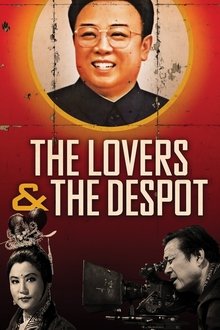
The Lovers and the Despot (2016)
Hong Kong, 1978. South Korean actress Choi Eun-hee is kidnapped by North Korean operatives following orders from dictator Kim Jong-il.
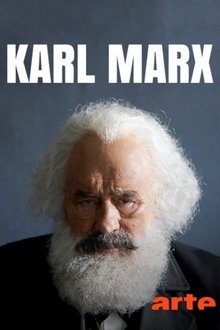
Karl Marx – Der deutsche Prophet (2018)
On the 200th anniversary of Karl Marx's birth, the docu-drama paints a multifaceted portrait of the most influential German thinker of modern times. The world-famous actor Mario Adorf embodies the equally contradictory and contradictory world spirit, in the dichotomy of prophetic confidence and fear of failure. An exciting cinematic journey through his life and work.

Heaven Or Not (2007)
Filmed in the quaint prairie town of Herbert, Saskatchewan, Heaven or Not by filmmakers Zuzana Hudackova and Danijel Margetic is an intimate portrayal of one man's tireless journey to give his life greater meaning. John Gerbrandt, a WWII veteran, has been singlehandedly building a 7,000-square-foot house over the past three decades with nothing more than his pension and salvaged materials. With no formal training, he is fuelled by a powerful determination to prove his worth to his God, his family, and his community. John's story transcends day-to-day life in a small town and reaches the realm of deep spirituality marked by an unwavering commitment. Now at the age of 84, suffering from health problems and the financial burden of property taxes, John might not be able to finish his lifelong endeavor.
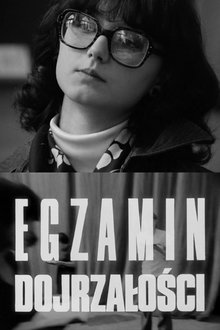
Matriculation (1979)
The final oral exam in history and social studies at one of Warsaw's high schools. The film illustrates the theatre of social life in Soviet Poland where one says different things on the stage and another behind the scenes.
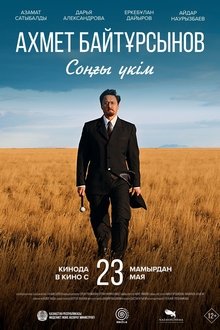
Last Judgment (2024)
The film is dedicated to the upcoming 150th anniversary of the birth of Kazakh writer and public figure Akhmet Baitursynov next year. Filming began in Almaty in November.

Portugal: Carnations Against Dictatorship (2024)
In Portugal, during the night of April 24-25, 1974, a peaceful uprising put an end to the last government of the Estado Novo, the authoritarian regime established in 1933 by dictator António de Oliveira Salazar (1889-1970), paving the way for full democracy: a chronicle of the Carnation Revolution.
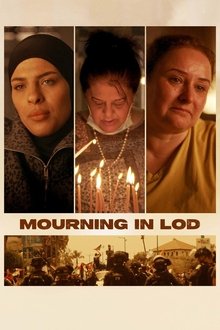
Mourning in Lod (2023)
MOURNING IN LOD, takes a microcosmic look at the Israeli-Palestinian conflict through Musa, Yigal, and Randa — three people whose fates become inextricably linked in a vicious cycle of violence. Lod/Lydd is a “mixed” city inhabited by Arabs and Jews who live side by side in a strained coexistence. In May 2021, two of these three people lost their lives and and one regained hers — thanks to an unlikely organ transplant. The outpouring of love, anger, forgiveness and sorrow that follows in their wake is a ray of light that offsets a collective state of mourning with no end in sight.
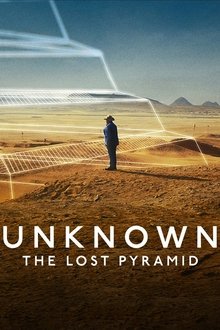
Unknown: The Lost Pyramid (2023)
Egyptian archeologists dig into history, discovering tombs and artifacts over 4,000 years old as they search for a buried pyramid in this documentary.
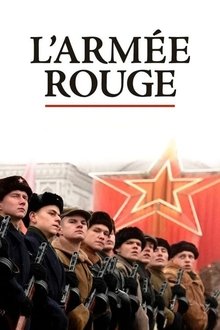
L'Armée rouge (2021)
For 70 years, the Red Army was one of the pillars of the USSR, an object of both fear and admiration, a symbol of both liberation and coercion. This documentary explores its history, combining epic storytelling with the deconstruction of myth. While everyone knows that Trotsky's name is attached to his creation, contrary to popular belief, the bulk of his story is made up of defeats and military failures. Thanks to an all-archival montage, this film is a veritable immersion in the heart of...
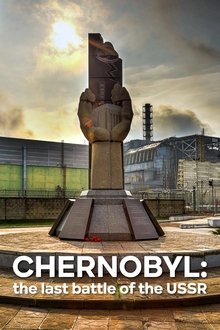
Chernobyl: The Last Battle of the USSR (2021)
Three decades after the nuclear explosion, almost everything has been said about this ecological and sanitary disaster that made Pripiat a part of History. How did the greatest industrial disaster change the course of History, disrupt global geopolitics and, directly or indirectly, redistribute the balances and power relations of the twentieth century? The world will never be the same again. By retracing the incredible battle waged by the Soviet Union against radiation, this film proposes to retrace and enlighten an extraordinary story, while exploring the historical stakes in the medium and long-term…

Mixed Race Britain: How the World Got Mixed Up (2011)
Documentary telling the surprising and positive story of how, throughout much of history, the races of the world's empires mixed together unquestioningly.

The Baby of Mâcon (1993)
Set halfway through the 17th century, a church play is performed for the benefit of the young aristocrat Cosimo. In the play, a grotesque old woman gives birth to a beautiful baby boy. The child's older sister is quick to exploit the situation, selling blessings from the baby, and even claiming she's the true mother by virgin birth. However, when she attempts to seduce the bishop's son, the Church exacts a terrible revenge.
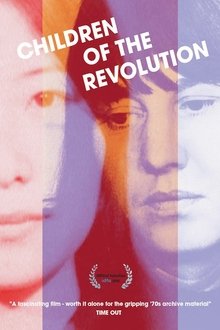
Children of the Revolution (2011)
Inspired by the student revolutions of 1968, two women in Germany and Japan set out to plot world revolution as leaders of the Baader Meinhof Group and the Japanese Red Army. What were they fighting for and what have we learned?
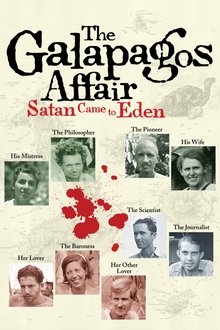
The Galapagos Affair: Satan Came to Eden (2014)
Darwin meets Hitchcock in this documentary. Directors Dan Geller and Dayna Goldfine have created a parable about the search for paradise, set in the brutal yet alluring landscape of the Galapagos Islands, which interweaves an unsolved 1930s murder mystery with stories of present day Galapagos pioneers. A gripping tale of idealistic dreams gone awry, featuring voice-over performances by Cate Blanchett, Diane Kruger, and Gustaf Skarsgard.

Attenborough at 90 (2016)
In celebration of his ninetieth birthday, Sir David Attenborough shares extraordinary highlights of his life and career with broadcaster Kirsty Young, including the inspiring people he has met, the extraordinary journeys he has made and the remarkable animal encounters he has had across the globe. Joined by colleagues and friends, including Michael Palin and Chris Packham, Sir David shares some of the unforgettable moments from his unparalleled career, from capturing unique animal behaviour for the first time to the fast-paced advances in wildlife filming technology, as well as stories of the wonder and fragility of the natural world - stories that Sir David has spent his life exploring and championing.

My Brother Is an Only Child (2007)
Accio and Manrico are siblings from a working-class family in 1960s Italy: older Manrico is handsome, charismatic, and loved by all, while younger Accio is sulky, hot-headed, and treats life as a battleground — much to his parents' chagrin. After the former is drawn into left-wing politics, Accio joins the fascists out of spite, but his flimsy beliefs are put to test when he falls for Manrico's like-minded girlfriend.

